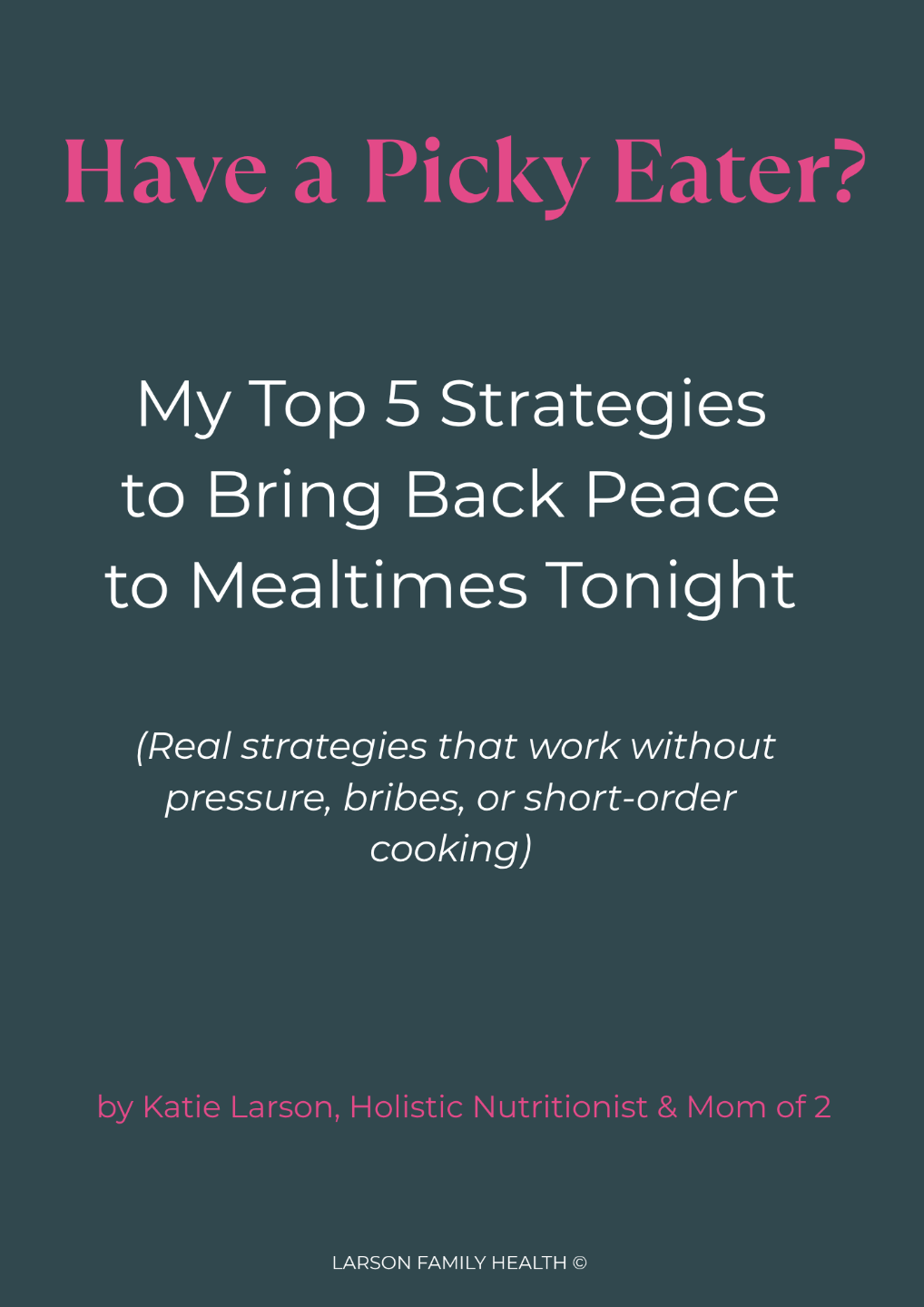
One Cause of Acne Your Dermatologist Isn't Looking For
Jul 29, 2024Maybe you've struggled with acne since you were in high school or maybe it's a later in life problem that has arisen.
Regardless of how long you've been dealing with acne (or really any other skin issue for that matter), most doctors will approach treatment from a topical approach, meaning they will use creams, topical steroids, or acutane to solve the issue. At worst, they'll combine these with birth control to help hide the issue (and that's what it is, a bandaid that does NOT solve the real issue).
There are many causes of acne that your dermatologist may have missed (such as parasites-yes, parasites), today I want to focus on one that I haven't ever heard a dermatologist address, insulin.
Yes, your doctor may vaguely refer to "hormonal acne", but generally they are referring to sex hormones such as estrogen.
But insulin is part of this picture too.
Insulin, my favorite hormone (yes, I have a favorite), is released by the pancreas in reaction to an increase in blood sugar. Blood sugar, which is highly toxic in large quantities, is created as we break down and digest carbohydrates.
Some foods are more likely to swing our blood sugar levels high, such as highly processed foods. Other foods, such as fruits and vegetables, have fiber and other nutrients that slow down the blood sugar release into the system and are therefore less toxic to the body.
Insulin comes in to save the day to help move this highly toxic substance from the blood stream into storage.
Insulin kindly stores glucose (aka blood sugar) in our muscles, our liver, and when those are full, our fat cells--cue the applause.
Insulin is anabolic in this way--it builds fat on our organs and on our body.
Goody.
But there are 3 little known ways that insulin actually plays a role in acne.
Let's dive into those:
1. Increased Sebum Production: Insulin can stimulate the production of androgens, hormones that increase the activity of sebaceous glands. These glands produce more sebum (oil), which can clog pores and lead to acne.
2. Inflammation: High insulin levels can promote systemic inflammation. This inflammation can exacerbate acne by increasing the skin's inflammatory response, making acne lesions more severe and harder to heal.
3. Skin Cell Overgrowth: Insulin imbalances can affect the skin's normal cell turnover. Elevated insulin levels can lead to an overproduction of skin cells, which can clog pores and create an environment conducive to acne development.
How often do you seen teens with horrific acne? Often.
How often do we seen teens with beautiful skin? Less often.
Have you seen the diet of an average teenager?
I'll tell you both from watching my kids, their friends, and the high schoolers that I talk to each semester, those with whole food, low-processed diets, who don't snack much have the BEST skin.
The kids who eat out often, snack all the time, and can't go more than 2 hours without eating have acne, ranging from full face to also having it on their back and chests.
Acne is not normal.
And using aggressive skin care and creams are not going to solve the issue.
Is it possible that blood sugar, and therefore insulin, be playing a role? Absolutely.
Zits and small breakouts are caused by hormonal changes, ACNE is caused by blood sugar and insulin problems. See the difference?
If you have cyclical acne that you've been told is "hormonal", did your doctor ever look at insulin? Because insulin both impacts and is impacted by estrogen and progesterone, and it ebbs and flows throughout the month, playing a role in PMS, cyclical acne, and more.
Acne is a symptom of a greater problem. Masking it with pharmaceuticals (including birth control) is like sweeping the dust under the rug. It will continue to accumulate even though you can't see it.
Until you address the root cause of the acne, it will continue to be a problem. And if you try to "sweep it under the rug," it will show up in other ways, such as PMS, polycystic ovarian syndrome, other rashes or skin conditions, and more.
Here are 3 things you can do TODAY to s
If you want to chat more about this and see if I can help you, you can set up a complimentary 15-minute consult here. You deserve to have gorgeous and clear skin!
If you know someone who would benefit from this info, please forward them this email. Acne is no joke, and I am passionate about helping others heal their health from the inside out.

Become part of our newsletter community where you'll find inspiration, motivation, and helpful tips so you and your family can thrive!
We hate SPAM. We will never sell your information, for any reason.

